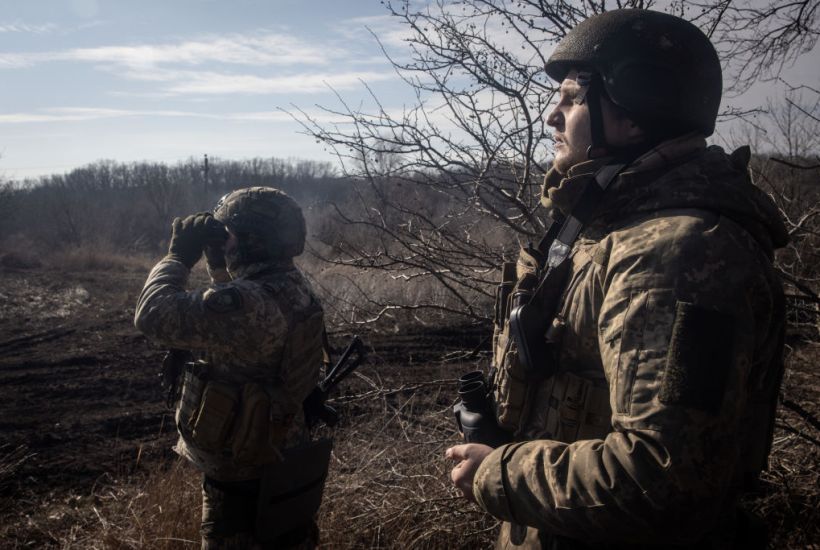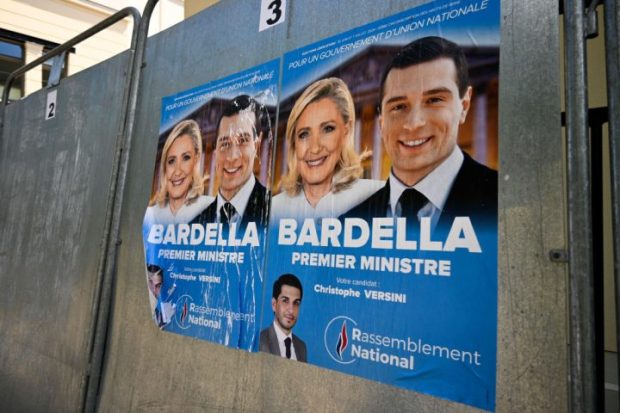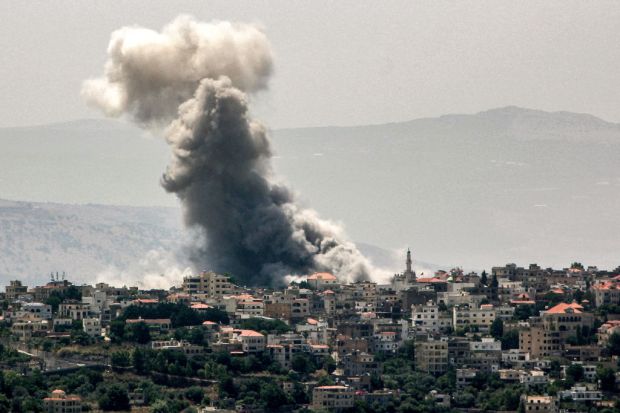There are inevitably voices in the West questioning the value of committing more than £5.5 billion a month in support of the war in Ukraine. It looks for now deadlocked at best, and at worst – in light of the recent Russian capture of Avdiivka – a slow defeat. Yet it is important to realise just how the Ukraine war matters to the world outside that country’s borders, even if perhaps not quite in the ways some would suggest.
Already a subscriber? Log in
Subscribe for just $2 a week
Try a month of The Spectator Australia absolutely free and without commitment. Not only that but – if you choose to continue – you’ll pay just $2 a week for your first year.
- Unlimited access to spectator.com.au and app
- The weekly edition on the Spectator Australia app
- Spectator podcasts and newsletters
- Full access to spectator.co.uk
Or




















Comments
Don't miss out
Join the conversation with other Spectator Australia readers. Subscribe to leave a comment.
SUBSCRIBEAlready a subscriber? Log in